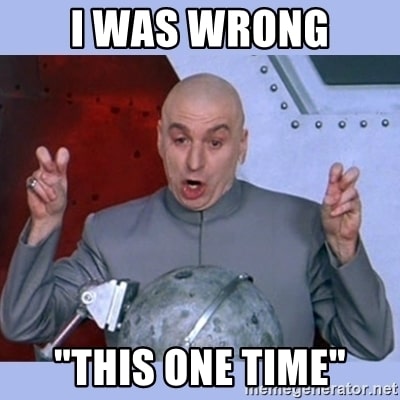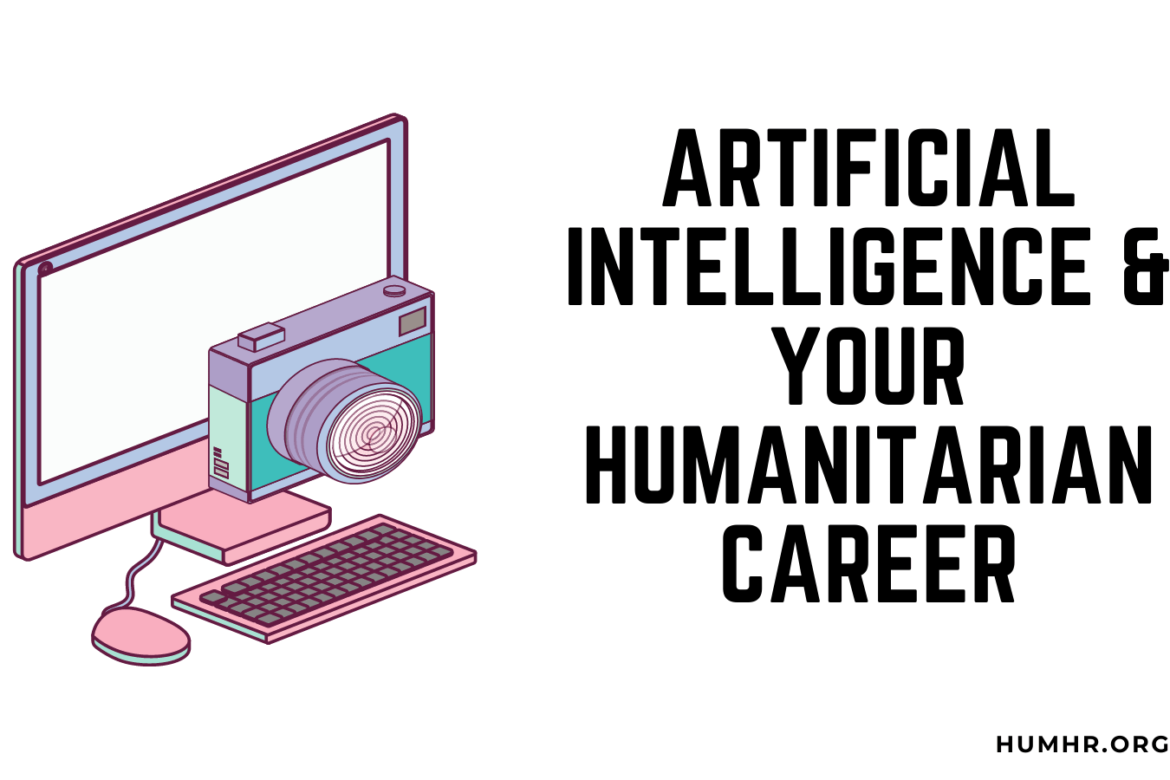A few years ago, while attending a conference in Hyderabad, India, I sat in on a presentation on Artificial Intelligence (AI) and cognitive computing given by IBM Master Inventor, Neil Sahota. It was well presented and surprisingly easy to follow even for a non-techie like me. The presentation focused on cognitive computing solutions such as how IBM Watson could be applied to solving relief and development challenges faced by humanitarian organisations. At the time, I thought it was interesting but never really thought the concepts of artificial intelligence and cognitive computing could apply in my field of specialisation– how wrong I was.

What is AI?
Britannica.com defines Artificial intelligence as – “ the ability of a digital computer or computer-controlled robot to perform tasks commonly associated with intelligent beings” and IBM says this :- “Cognitive computing refers to systems that learn at scale, reason with purpose and interact with humans naturally. Rather than being explicitly programmed, they learn and reason from their interactions with us and from their experiences with their environment.”
In a nutshell it is about digital systems that try mimic human intelligence. Examples of AI include self-driving vehicles and the accurate diagnosis of pulmonary conditions based on reading an X-ray. While nascent, AI is also being applied in the HR field particularly in the recruitment and onboarding process. Applications of AI in HR include the analysis of facial expressions during interviews, (helping determine whether a candidate is being truthful in her responses) and the analysis of candidates’ social media footprint and posts to shortlist the candidates with the best cultural fit to the hiring organisation.
Humanitarian organisations are notoriously slow to embrace technology, but we think a number of factors will see a rapid acceptance of AI within the HR space. Primarily because as budgets tighten in the post-COVID world, HR departments will be asked to do even more with less. As it is recruiting teams are swamped as currently a single job posting will attract thousands of applications which will be whittled down to several hundreds after going through an Applicant Tracking Systems (ATS) which parses several keywords from the candidates resume and compares it to keywords in the job description. The current model is not sustainable, and it is a matter of time before more organisations start looking at more efficient means of recruitment.

We predict that as a result of a combination of Big Data analytics, tightened budgets and greater collaboration between the humanitarian and private sectors coupled with a desire to get the best candidate, AI will start to grow in leaps and bounds and will constitute a large proportion of how humanitarian organisations do their recruitment within the next decade. Candidates must be equipped to succeed in this new environment where most decisions related to a candidate’s potential recruitment are done by a robot.
At HUMHR we offer interview coaching that will help you navigate this increasingly largely human-less process and boost your chances of landing the dream job. In addition, we can help you optimise your social media activities and help align your resume, career goals with your social posts. Get in touch with us and we will “partner with you to do good

